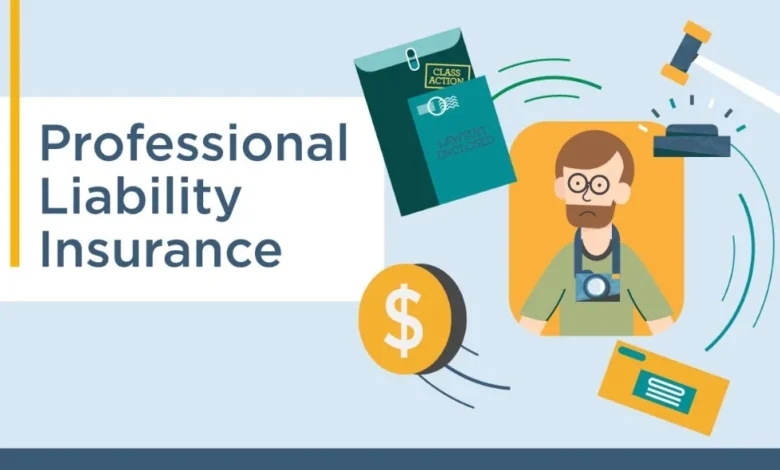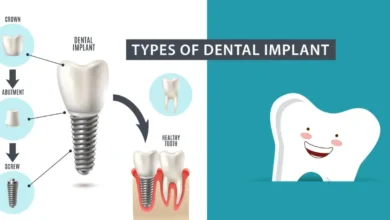What are the key factors to consider when selecting professional liability insurance?

Professional liability insurance, often referred to as errors and omissions (E&O) insurance, plays a crucial role in protecting professionals against claims made by clients or third parties for negligent acts, errors, or omissions committed during the conduct of professional services.
Secure Your Professional Journey: Learn more about EasyCover – Reliable Professional Liability Insurance providers in Alberta. This form of insurance is vital as it covers defense costs, settlements, and judgments that arise from lawsuits, which could otherwise be financially devastating for individuals and businesses alike. Its importance cannot be overstated; in today’s litigious society, even the most diligent professionals can face allegations of mistakes or negligence. Without adequate coverage, the legal fees alone can strain or even bankrupt a small business or individual practitioner, making professional liability insurance a critical component of a comprehensive risk management strategy.
Selecting the right professional liability insurance is crucial for protecting businesses and professionals against financial losses from lawsuits related to their services. Tailored policies are essential to cover the unique risks of different industries, from medical professionals to IT consultants. Adequate coverage provides peace of mind and allows for focus on service delivery without the worry of legal issues, ensuring the stability and longevity of professional practices and businesses.
Contents
Professional vs. General Liability Insurance
When understanding insurance policies, it’s crucial to distinguish between professional liability insurance and general liability insurance, as they offer protection against different kinds of risks. Professional liability insurance, also known as errors and omissions (E&O) insurance, specifically covers claims arising from errors, omissions, or negligence in the provision of professional services. This insurance is essential for individuals and businesses that offer advice, consultancy, or other professional services, as it protects against claims related to the quality of work.
On the other hand, general liability insurance provides coverage against bodily injury, property damage, and advertising injury that can occur at a business’s premises or as a result of the business’s operations. It is a broad type of insurance that applies to a wide range of businesses for more common risks, such as a customer slipping and falling on a wet floor. While professional liability insurance safeguards against financial losses due to failure to properly render professional services, general liability insurance covers more physical and direct damages or injuries related to everyday business activities.
Key Factors to Consider When Selecting Professional Liability Insurance
Coverage Scope
When selecting professional liability insurance, understanding the coverage scope is vital. It should encompass all services and activities for which a professional or business can be held legally accountable. This includes errors, omissions, and negligent acts that occur within the professional scope of services. It’s also crucial to be aware of policy exclusions, as these can significantly impact the effectiveness of your insurance. Common exclusions might include intentional wrongdoing, fraudulent acts, and sometimes, claims that result from services provided under a previous policy period. Understanding these elements ensures that professionals are not left vulnerable to uncovered claims.
Limit of Liability
Assessing the risk associated with one’s professional services helps in determining an adequate limit of liability. This limit is the maximum amount an insurance policy will pay. Professionals should evaluate the potential financial impact of claims in their specific fields and choose a limit that reflects the maximum loss they could face. For high-risk professions, a higher limit may be necessary to provide sufficient coverage.
Defense Costs
Defense costs can greatly affect the total coverage an insurance policy provides. These costs pertain to legal fees and expenses incurred while defending against a claim. Policies can be structured with “inside” or “outside” limits. Inside limits mean that defense costs reduce the total amount available to pay a claim, whereas outside limits provide a separate coverage for defense costs on top of the liability limit. Understanding this distinction is crucial for ensuring that your coverage is adequate to cover both defense costs and potential damages or settlements.
Deductible Amounts
Choosing a deductible that aligns with your financial capability is an important strategy. The deductible is the amount you pay out of pocket before the insurance coverage kicks in. A higher deductible can lower your premium costs but also means greater financial responsibility in the event of a claim. Balancing this decision with your cash flow and financial stability is key to choosing an effective deductible.
Industry-Specific Considerations
Different professions face unique liabilities and thus require tailored professional liability coverage. For example, healthcare professionals might need coverage for malpractice, while architects and engineers require insurance that covers design flaws. IT consultants, on the other hand, need protection against data breaches and software errors. Understanding the specific risks of your industry ensures that your coverage is tailored to your particular needs.
Claims-Made vs. Occurrence Policies
The choice between claims-made and occurrence policies is fundamental. Claims-made policies provide coverage for claims filed during the policy period, regardless of when the incident occurred. Occurrence policies cover incidents that occur during the policy period, even if the claim is filed after the policy expires. Each has its advantages and disadvantages; claims-made policies are typically less expensive but offer narrower coverage, while occurrence policies provide more comprehensive coverage but at a higher cost.
Insurer’s Reputation and Financial Stability
Choosing an insurer with a solid reputation and financial stability is critical. An insurer’s financial health can affect its ability to pay out claims, which is vital for your protection. Additionally, insurers with strong reputations are likely to provide better service, from the handling of claims to customer support.
Policy Terms and Conditions
It’s imperative for professionals to thoroughly understand their policy’s terms and conditions. This understanding helps in identifying any potential gaps in coverage and provides clarity on what is expected from both the insured and the insurer. Seeking clarity for any confusing terms or conditions can prevent future disputes and ensure that you have the coverage you believe you are purchasing.
Making an Informed Decision
Reviewing Key Considerations
Before choosing professional liability insurance, it’s important to consider coverage scope, liability limits, defense costs, deductibles, and whether the policy suits industry-specific needs and is claims-made or occurrence-based. These factors are vital for adequate protection and financial security against potential claims.he coverage meets the unique challenges of your professional activities. Lastly, assessing the insurer’s reputation and financial stability, along with a clear understanding of the policy’s terms and conditions, is vital for choosing a reliable insurance solution.
Consultation with Professionals
Choosing the right professional liability insurance requires consulting with industry-specific insurance professionals or brokers for personalized advice. They help understand insurance products, compare policies, and guide on deductibles and coverage limits, ensuring tailored protection.
Conclusion
In the landscape of professional liability insurance, making an informed decision is paramount for the protection and longevity of your professional career or business. This comprehensive approach to understanding and choosing insurance underlines the complexity and importance of having the right coverage. By thoroughly assessing your profession’s specific risks, understanding the ins and outs of policy options, and consulting with industry experts, you can secure coverage that not only meets your immediate needs but also provides long-term peace of mind. Remember, the right insurance policy is not just about meeting legal requirements; it’s about safeguarding your professional integrity, financial stability, and future in your chosen field.



